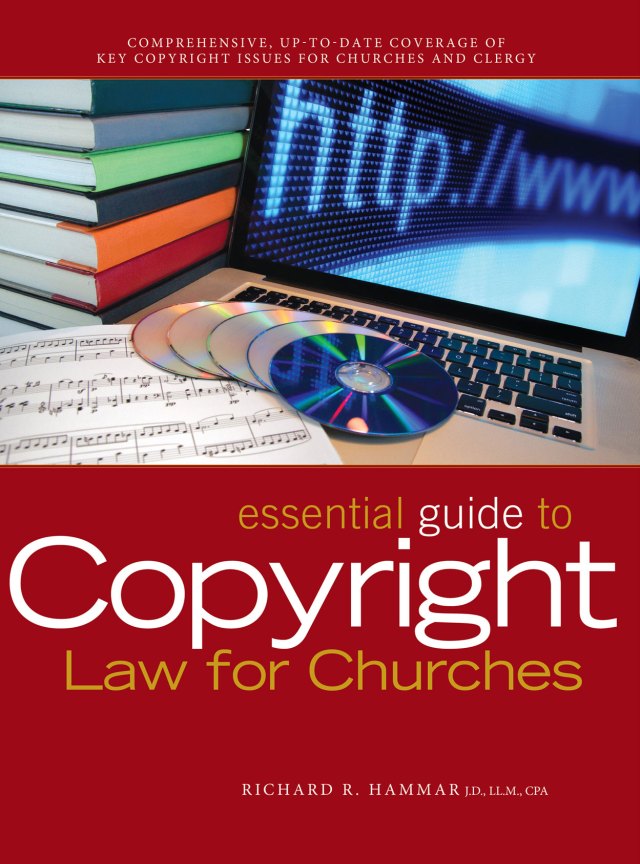Has your church recently adopted a new name as part of its forward movement in ministry? If so, it likely followed a careful and thoughtful process—evaluating both benefits and risks, counting costs, and ensuring alignment across branding, signage, digital assets, and media outreach.
Now comes the implementation phase. What legal steps must be taken? What documents must be updated? Which agencies need to be notified?
This guide outlines the key legal and procedural considerations.
Official Name Change vs. “Doing Business As” (DBA)
Before proceeding, your church must decide:
- Will it legally change its official organization name?
- Or will it continue using its official name, but operate under a “doing business as” (DBA) name?
(DBAs may also be called trade names, fictitious names, or assumed names depending on your jurisdiction.)
Questions to Help Guide the Decision:
- Is this name permanent? If not, a DBA may be easier to reverse than a legal name change.
- Are legal agreements tied to the current name? Changing the official name could be complex.
- Are there titled assets involved? Real estate and vehicle retitling may be avoided with a DBA.
- Are there planned gifts or bequests tied to the existing name? A DBA can preserve legacy relationships.
- Is the new name available as an entity name? If not, a DBA may be your only option.
How to Register a DBA
Step-by-Step:
- Research registration requirements in your state or locality. Some states require state-level filing; others may require county or city registration.
- Check name availability through the appropriate agency.
- Ensure church leadership approval, following your governing documents and policies.
- File the DBA with the relevant agency, pay any required fees, and set reminders to renew as needed.
Post-Registration Actions:
- Open bank accounts in the DBA name or add it to existing ones.
- Use both the official and DBA name on contracts to avoid confusion.
- Notify agencies and vendors as appropriate.
Note: Even a registered DBA may still infringe on a trademark. Always assess trademark implications.
Legally Changing the Church’s Name
If your church opts to change its official organization name, requirements differ based on your legal structure.
For Incorporated Churches
- Check name availability through your state agency (typically the secretary of state).
- Reserve the name, if allowed, to ensure availability.
- Secure internal approvals, including church boards and possibly your congregation.
- Amend your corporate organizing document, such as articles of incorporation.
- File the amendment, typically called “articles of amendment” or “certificate of amendment.”
- Update all internal bylaws with the new name.
- Notify applicable agencies, including:
- IRS (for tax-exempt status updates)
- State/local tax authorities
- Vendors and financial institutions
Tip: Align the legal filing timeline with your public roll-out strategy.
For Unincorporated Churches
- No state filing required—update internal organizing documents only.
- Secure internal and denominational approvals.
- Update any registered trade names or DBAs to reflect the new name.
- Amend your constitution or bylaws as needed.
Who Must Be Notified?
Once the name change is official, notify:
Government Agencies
- IRS (if recognized as tax-exempt)
- State tax and employment agencies (if remitting payroll taxes)
- Secretary of state or foreign registration offices (if operating in multiple states)
- Local agencies handling property tax, sales tax, or licenses
Property and Legal Records
- Title offices for real estate or vehicles
- Attorneys for deed or asset transfer issues
Financial and Business Partners
- Banks and investment companies
- Loan providers
- Insurance companies
- Utility companies
- Website and domain registries
- Licensing services (e.g., CCLI)
Communication Channels
- Social media and website listings
- Phone directories
- Postal service (especially if using nonprofit mailing permits)
Final Note
Legal steps for a name change vary based on jurisdiction and your church’s specific circumstances. Always consult with legal counsel to ensure all filings and notifications are handled appropriately.
Contributor: Stephen H. King, Attorney, Gammon & Grange, P.C.

